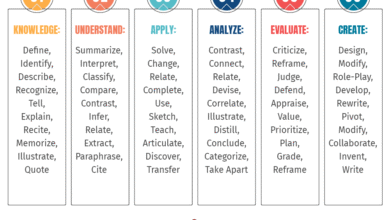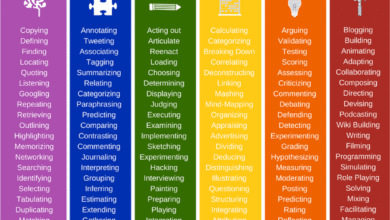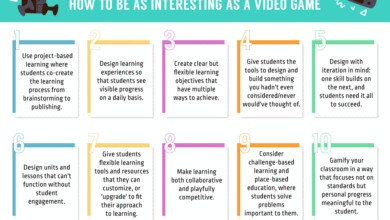Compelling Contemporary Latine Fiction
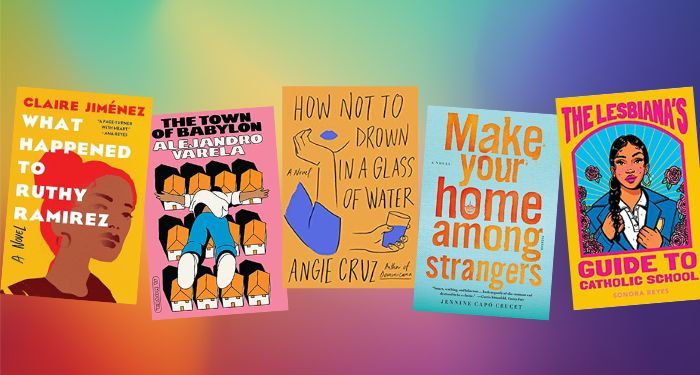

For a while now, I’ve been doing a monthly roundup of what a bunch of great book clubs pick each month, and contemporary novels are a big chunk of selections. Which makes sense: contemporary novels allow authors to explore the modern world and societal issues through the lens of fictional characters that readers watch struggle and grow as they “fight” their way through life and situations. It makes for interesting reading, great discussions, and creates a space for challenging thoughts and feelings and, ultimately (hopefully!), growth.
Below you’ll find eight excellent adult, YA, and middle grade novels that focus on Latine characters, many times their families as well. You’ll get to know fascinating characters, from a Dominican woman who hilariously tells her life story to a job counselor, to a Panamanian American sixth-grader who learns to advocate for herself. There are so many rich stories below filled with all the emotions, from identity struggles to beauty, of being Latin American. I wouldn’t even be able to pick a favorite from this list, so go read them all. And don’t stop here; this is just a drop in the ocean of excellent novels telling Latine stories by Latine authors—it was a struggle to pick only eight.
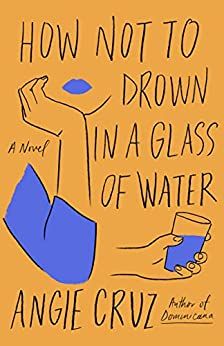
How Not to Drown in a Glass of Water by Angie Cruz
The actual setup of this book is just brilliant: Cara Romero, a Dominican woman in her fifties, has to see a job counselor after losing her job. In those sessions, Cara talks about everything from her current situation, her marriage, her estranged son, her relationship with her sister and her neighbor—basically everything the job counselor did not ask for. Cara’s stories flow through all the emotions, from hilarious to heartbreaking, while painting a picture of her life.
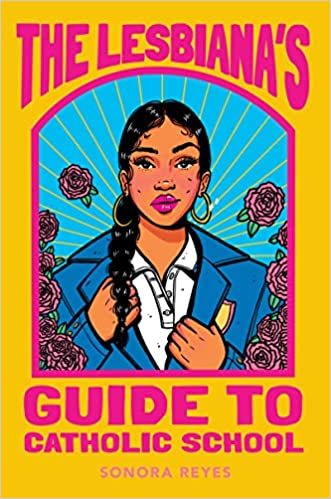
The Lesbiana’s Guide to Catholic School by Sonora Reyes
The title alone should have sold you, as it did me! Yami Flores is having a hard time of it lately: she’s one of the only Mexican students at the wealthy Catholic school she was just transferred to, her father was deported to Mexico a handful of years ago, she’s trying to keep her brother out of trouble, and she’s not revealing to anyone that she’s a lesbian—especially, after being outed at her last school by her now ex-best friend. It’s a lot to deal with at sixteen. Then she meets Bo, who is open about being a lesbian, and Yami is going to have to make a lot of tough choices, including whether she wants to be vulnerable and trust again. This is a book filled with humor and heart that head-on explores a lot of important topics, from immigration to queerphobia.
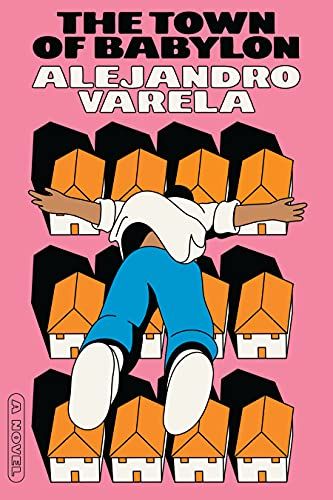
The Town of Babylon by Alejandro Varela
Here’s an excellent debut that uses the trope of returning home to tackle big questions. Public health professor Andrés’ husband has just cheated on him, and his father is ill, so he returns to his hometown. With a brother who died a decade before, his homophobic childhood bully, former friends, Salvadoran-Colombian family, and his first love, there are plenty of challenges, conflicts, and emotions that Andrés will have to wade through.
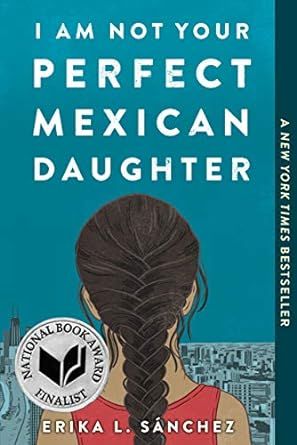
I Am Not Your Perfect Mexican Daughter by Erika L. Sánchez
This is a beautiful novel that packs a punch as it looks at grief, difficult parent-child relationships, and questioning if you really knew your sibling. Living with her family in Chicago, 15-year-old Julia Reyes is grieving her older sister Olga’s death. Trying to prove that Olga wasn’t the perfect child, as her parents treated her, Julia decides to find out what Olga’s secrets were while navigating her first relationship, her parent’s strictness, and her future dreams.
For adaptation fans: America Ferrera will make her directorial debut on the Amazon MGM Studios’ Orion Pictures film.
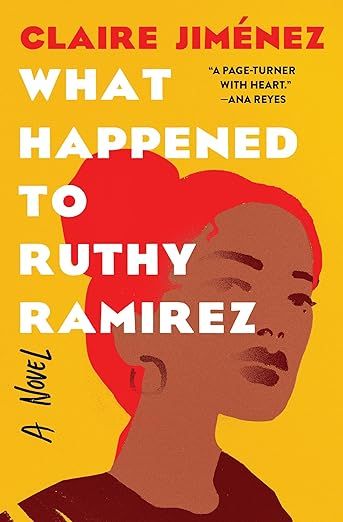
What Happened to Ruthy Ramirez by Claire Jiménez
While this book has a central mystery about Ruthy Ramirez—who disappeared after track practice in junior high years ago—the book is about the women in this Puerto Rican family and how they’ve all carried the grief and questions of what happened to Ruthy in their daily lives since. Get to know Dolores, Jessica, and Nina—women whose lives have worn down in different ways—as they recount their childhoods, past stories, and currently come together thinking that Ruthy has been spotted on a reality show.
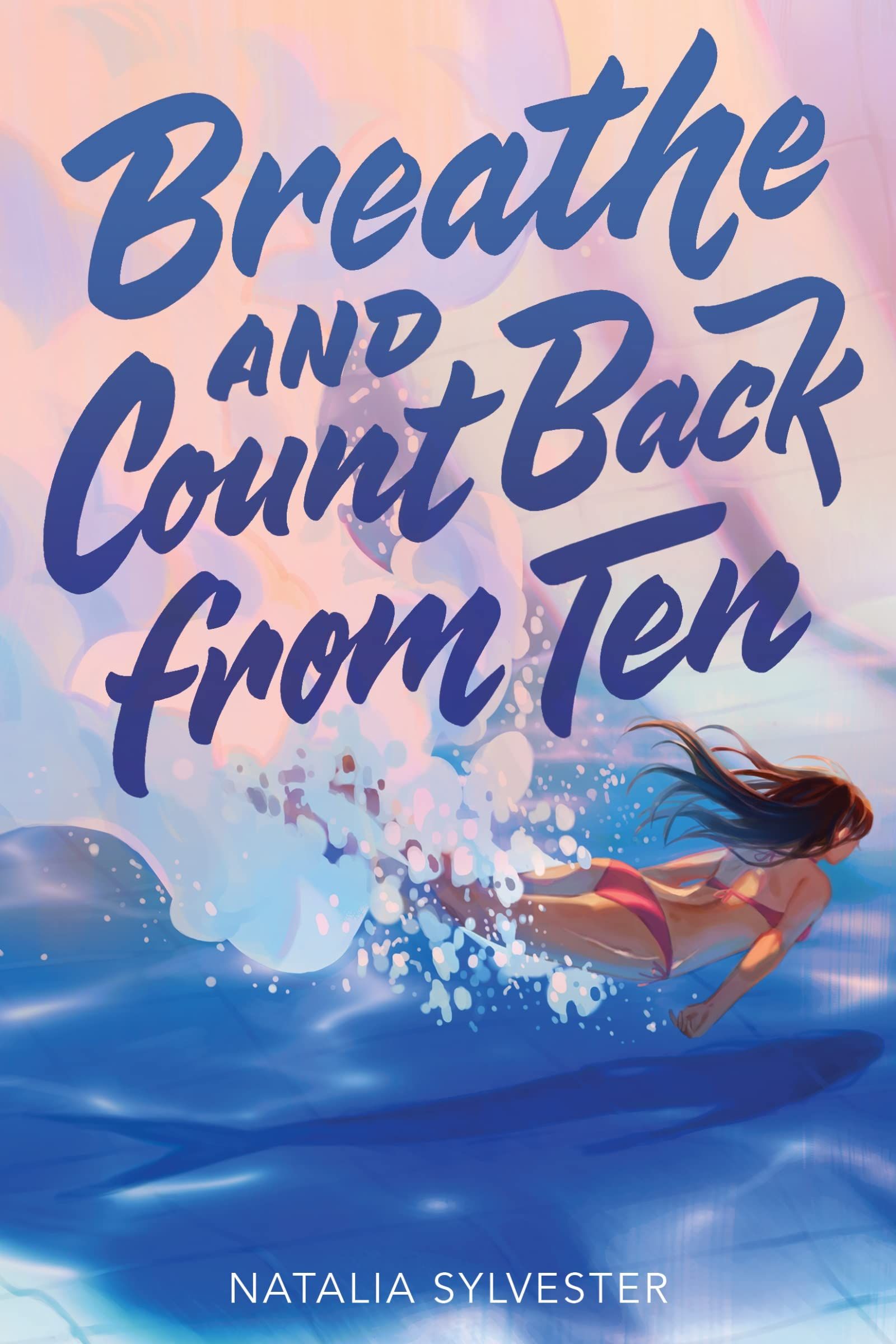
Breathe and Count Back from Ten by Natalia Sylvester
Living in central Florida, Peruvian-American Verónica, a 17-year-old with hip dysplasia, dreams of being a performing mermaid at Mermaid Cove. But her strict, conservative parents forbid it. Verónica is getting sick of not being allowed to do things as she tries to find her way in the world, so between pushing back against her parents and meeting a boy she likes, she decides to audition to be a performing mermaid. This is a wonderful story about disability, Latina identity, and autonomy.
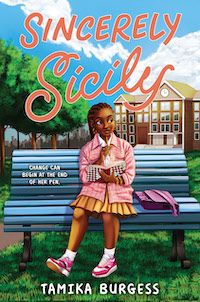
Sincerely Sicily by Tamika Burgess
Here’s a wonderful middle grade novel that tackles intersectionality. Sicily Jordan is not happy to find out that she will be leaving her friends and have to start a new school for sixth-grade due to zoning changes in San Diego. In a class presentation where she talks about her culture and being Panamanian American, she is faced with hurtful questions from students who don’t know that Afro-Latin Americans exist. But it’s not just in school where Sicily is having to face anti-Black comments and colorism: her abuela, who lives with her family, is also part of the problem. Wanting to be a writer like her now deceased abuelo was, Sicily dives into researching her heritage and standing up for herself.
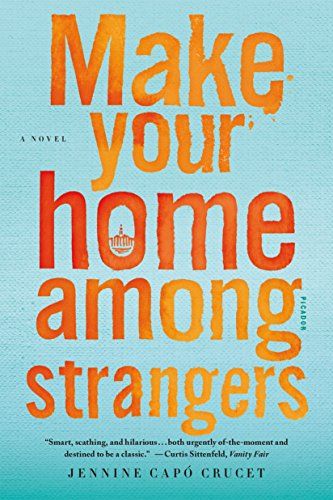
Make Your Home Among Strangers by Jennine Capó Crucet
This is a moving look at first-generation kids and what can sometimes feel like an enormous distance between their parents and grandparents generations. Lizet Ramirez grew up in Miami, a second-generation Cuban American, and is elated to have gotten into a New York university with a partial scholarship. Her family, however, is not on board: her father has divorced her mother and sold the family home, her sister has gotten pregnant and been left by her boyfriend, and her mother is more focused on a fictionalized version of Elián González. Adding to all the stress, college is not what Lizet expected: starting with suddenly being surrounded by mostly white, wealthy kids who don’t think “Miami” is a sufficient answer to “But where are you from?” Lizet is going to have to face a lot of tough life questions, including if being the one to “get out” and move away is the automatic path to happiness and success.
Source link
